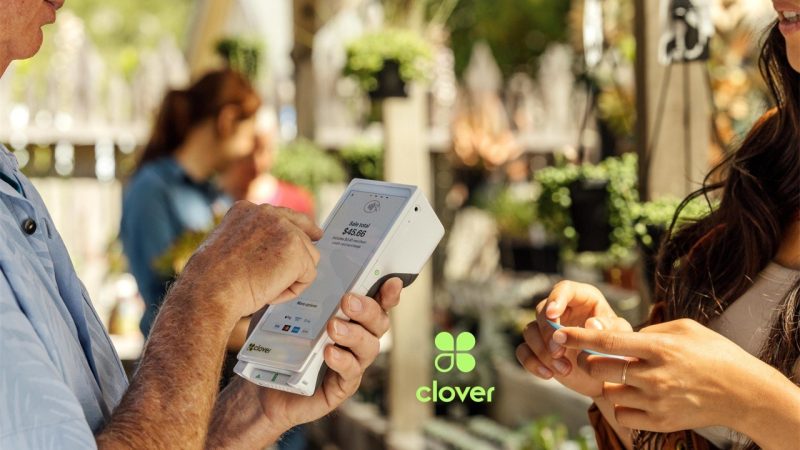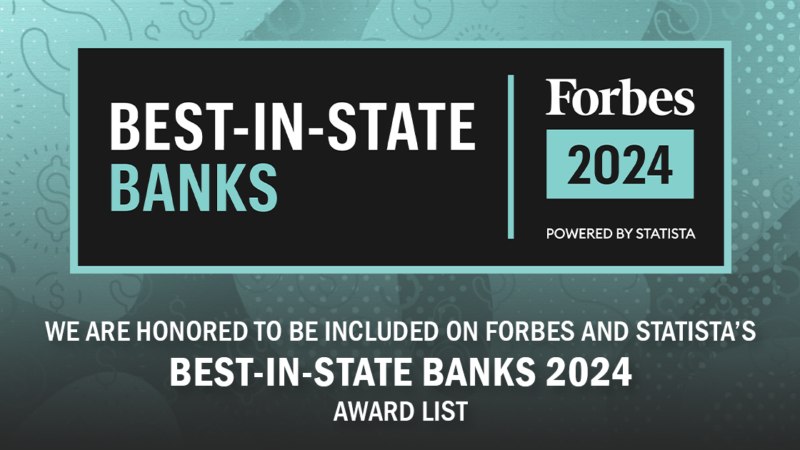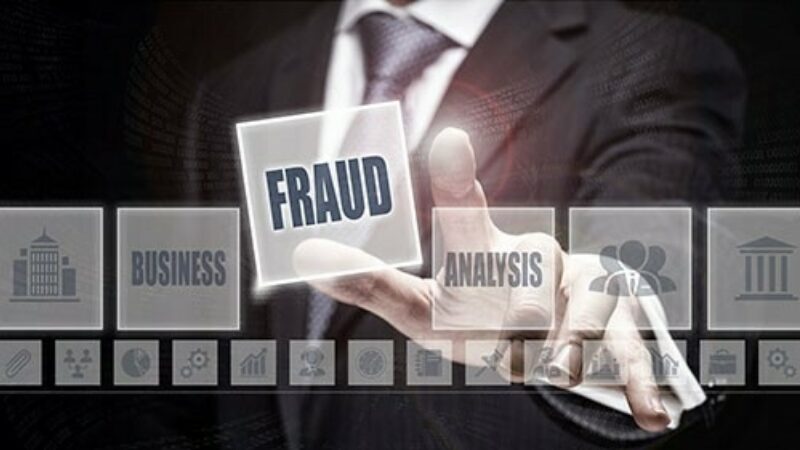Fraud Protection Tips

Beware of Potential Phishing Scams
Phishing is a type of social engineering attack often used to steal user data, including login credentials and credit card numbers. It occurs when an attacker, pretending to be a trusted entity, dupes a victim into opening an email.
Email phishing
- Typically the cardholder name is not used. (i.e., “Dear Cardholder”)
- Any emails that request you to change your e-mail addresses or passwords
- E-mails requesting that you update personal or account information due to system, security or technology updates at your financial institution
- Do not click on any links in these e-mails or respond in any way
Phone and SMS/text phishing
- The financial institution name may or may not be correct
- The customer name will commonly not be used, (i.e. “Dear Cardholder”)
- Requests for full account/card number, PIN, expiration, and/or other personal information
- Messages often urge action to prevent negative impact
If you think you have been the victim of a phishing scam and have compromised your financial information, please contact our Customer Solutions Center at (800) 475-2265.
Dos and Don'ts During a Pandemic
During the coronavirus pandemic, it is more important than ever to be vigilant about potential scams and fraudulent activity. To protect yourself, remember some important Dos and Don’ts.
DO:
- Use trusted sources, such as your federal, state and local government websites for up-to-date, fact-based information about COVID-19.
- Verify a charity’s authenticity before making donations. Review the Federal Trade Commission’s page on Charity Scams for more information.
- Talk to a trusted advisor before sending money to someone you have never met.
DON’T:
- Click on links in unsolicited emails.
- Open email attachments from an unfamiliar source.
- Reveal personal financial information over email or on a social media platform, or respond to solicitations for this information.
For additional information, visit the Federal Trade Commission’s website here.











